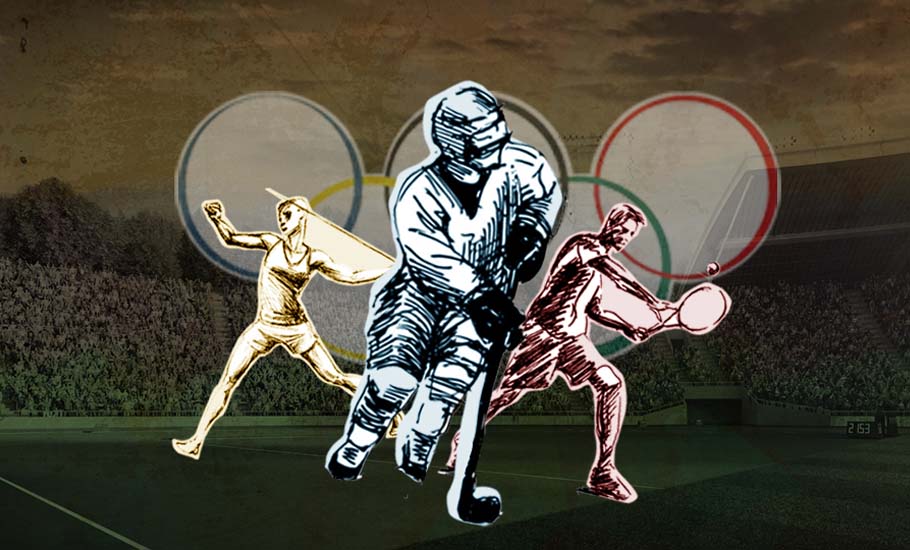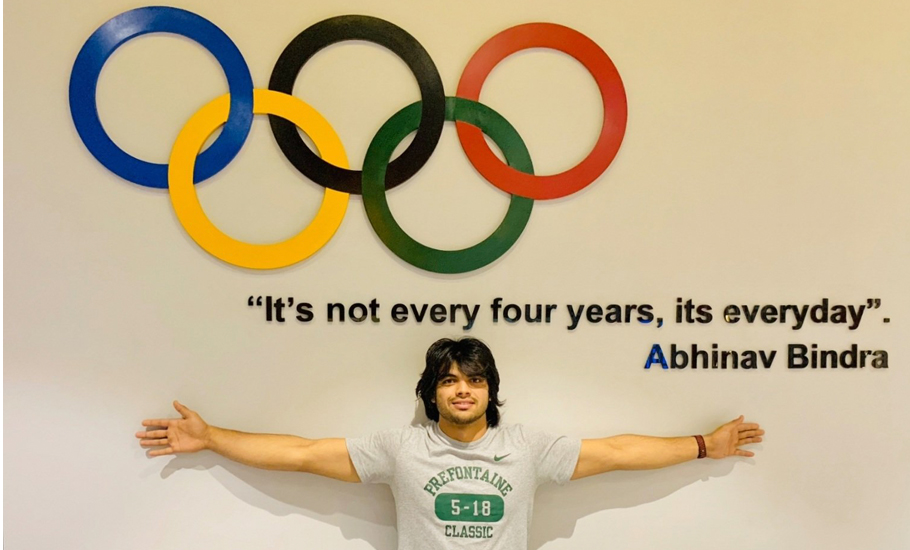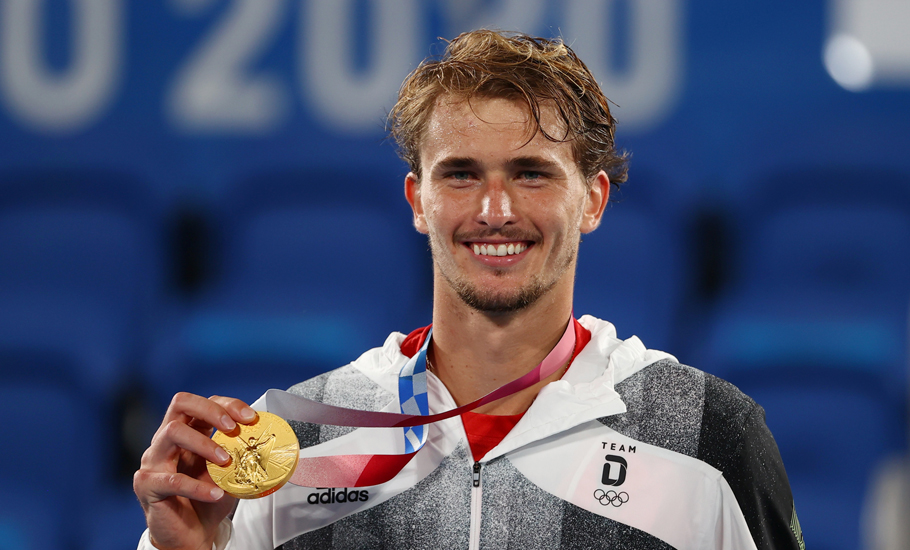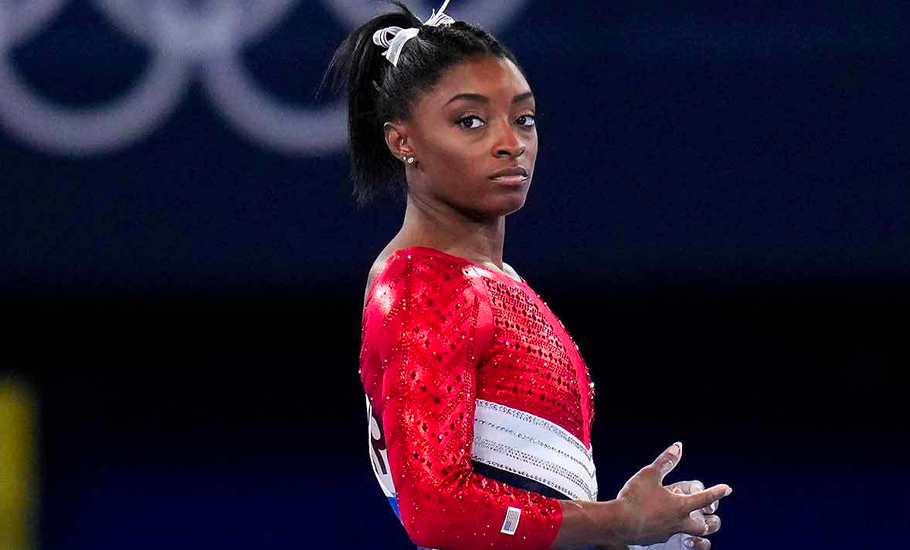
- Home
- India
- World
- Premium
- THE FEDERAL SPECIAL
- Analysis
- States
- Perspective
- Videos
- Sports
- Education
- Entertainment
- Elections
- Features
- Health
- Business
- Series
- Bishnoi's Men
- NEET TANGLE
- Economy Series
- Earth Day
- Kashmir’s Frozen Turbulence
- India@75
- The legend of Ramjanmabhoomi
- Liberalisation@30
- How to tame a dragon
- Celebrating biodiversity
- Farm Matters
- 50 days of solitude
- Bringing Migrants Home
- Budget 2020
- Jharkhand Votes
- The Federal Investigates
- The Federal Impact
- Vanishing Sand
- Gandhi @ 150
- Andhra Today
- Field report
- Operation Gulmarg
- Pandemic @1 Mn in India
- The Federal Year-End
- The Zero Year
- Science
- Brand studio
- Newsletter
- Elections 2024
- Events
- Home
- IndiaIndia
- World
- Analysis
- StatesStates
- PerspectivePerspective
- VideosVideos
- Sports
- Education
- Entertainment
- ElectionsElections
- Features
- Health
- BusinessBusiness
- Premium
- Loading...
Premium - Events

The game’s on: How the year of disruptions opened the field wider

87.58. Since August 7 that became India’s official number for 2021. That was the distance, in metres, Neeraj Chopra hurled the javelin to bring India their only gold medal at the Tokyo Olympics. Finally, Abhinav Bindra had company in the exclusive club of Indian individual gold medallists at the Olympic Games. For a nation starved of sustained top-level sporting excellence, the...
 87.58. Since August 7 that became India’s official number for 2021.
87.58. Since August 7 that became India’s official number for 2021.
That was the distance, in metres, Neeraj Chopra hurled the javelin to bring India their only gold medal at the Tokyo Olympics. Finally, Abhinav Bindra had company in the exclusive club of Indian individual gold medallists at the Olympic Games.
For a nation starved of sustained top-level sporting excellence, the likeable Chopra’s phenomenal achievement was like Manna from heaven. Not only did it mean India finished with their highest medal count (seven) – the bar hadn’t been set all that high, the previous best being a modest six – at a single Olympics, it also temporarily lifted the pall of gloom that had descended on the nation, indeed the world, in the aftermath of the deadly second wave of COVID-19.
The celebrations in India were typically over the top. No one loves a winner more than us, just as no one is as quick to drop those who have fallen from grace like a hot potato. Chopra was feted and felicitated and honoured and hosted by so many for so long that he couldn’t compete in a single event for the rest of the year.
Chopra’s historic gold was to trigger a rash of new inspirers in the world of sport. If the first seven months of a year that began with cautious optimism, segued into mid-summer mayhem and ended with the Omicron surge, had been dominated by the old order from a sporting perspective, the last bit was about new heroes holding out the hope that the new year will bring gladder tidings.

In India, the interest in and sale of javelins shot through the roof in the immediacy of Chopra’s monumental feat. That the champion himself had been an accidental entrant into the sport of the aerodynamic spear emboldened several who hadn’t even given the javelin a second look previously to make a beeline for the nearest sports goods shop, temporarily setting aside their fascination for cricket and the mega bucks it brandishes as encouragement and temptation.
Just how permanent the Chopra impact is on the Indian milieu remains to be seen. In a world where out of sight is tantamount to out of mind, the sporadic (if at all) exposure to Chopra’s deeds in competitive action might prick the javelin bubble somewhat, especially given that the likes of Virat Kohli and Rohit Sharma practically reside in our living rooms through live television. But given the phenomenal rush his exploits generated, it is more than likely that at least a few of the thousands who graduated towards javelin will stick at it, hopefully with reasonable degrees of success.
Until the Chopra magic on the penultimate day of the Olympics, the resurgence of an old dominator was the story of India’s campaign in the quadrennial Games. India boast eight gold medals in hockey, but the last of them came in 1980. At every subsequent Olympics, the hockey team carried the hopes of a nation but was crushed by the giant wave of expectations to the extent that even die-hard fans were chary of day-dreaming. A debilitating 41-year wait for an Olympic medal finally came to an end on August 5 when Mandeep Singh’s men staved off Germany to bring home the most celebrated bronze in sporting history. That, combined with a stirring run by the women who finished a creditable fourth, meant all of a sudden, there were a host of more role models for those inclined towards a career in sport to look up to.
The last five months of 2021 might not emphatically point to a passing of the baton, but it is undeniable that newer, younger, fresher faces are stepping out of the giant shadows of the past masters. Like Alexander Zverev, who dented Novak Djokovic’s hopes of a maiden Olympic singles gold. Like Daniil Medvedev, who scuppered the Serb’s designs of becoming the first man since Rod Laver in 1968 to complete a Calendar Grand Slam and take sole ownership of the most singles Grand Slam titles won by a male tennis player. Like Max Verstappen, the exciting 24-year-old Dutchman who pulled the rug from under Lewis Hamilton’s feet at the proverbial last minute to end the Briton’s quest for a record eighth Formula One World Championship.

In 2020, the common thread binding sport across nations and disciplines was uncertainty, apprehension, postponements and cancellations. By 2021, that had given way to the belief that better things were in store. If there was one thread that gracefully ushered out the old year, it was the emergence of new heroes, not all of whom caught the attention with their performances on the field alone.
Take Simone Biles, for instance. Already the world’s most recognisable and successful gymnast, the American legend withdrew midway through the Olympics with a horrible case of the ‘twisties’–a mental block that causes gymnasts to lose spatial awareness while performing, thereby leading to a lack of control over their bodies. Biles could have blustered her way through, but by choosing to go public with her inner struggles, she sent out a powerful message to millions grappling with mental health issues–you are not alone.

Naomi Osaka had fired the first salvo in this battle against eradicating the stigma surrounding mental health at tennis’ French Open in the summer. Biles helped further normalise these struggles which have taken a more alarming dimension in the wake of the coronavirus pandemic and subsequent lockdowns and restrictions.
Bio-secure bubbles have become the order of the day across the world of sport. It’s unlikely that, with more variants of the virus perhaps lying in wait, they will pass into history anytime soon. Sportspersons now must grapple not just with their competitors but also their own inner demons, an inevitable fallout of having to live and train and play in gilded cages. It’s tempting to question how hard it can be for those blessed with the best of everything to complain when so many are so much worse off. That’s exactly what the world doesn’t need now.
If Biles and Osaka have taught us anything, it’s that a little empathy can go a long way. How wonderful it would be if we could carry it to 2022 and beyond.
